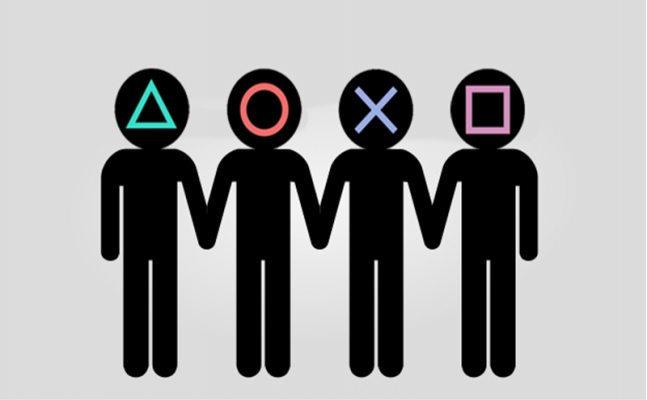Guarding Your Journey: The Importance of Travel Insurance for International Adventures
- Thursday | 14th March, 2024
Romantic Escapes: Unveiling Enchanting Destinations for Valentine`s Week
- Thursday | 8th February, 2024
Romantic Escapes: Unveiling Enchanting Destinations for Valentine`s Week
- Thursday | 8th February, 2024












